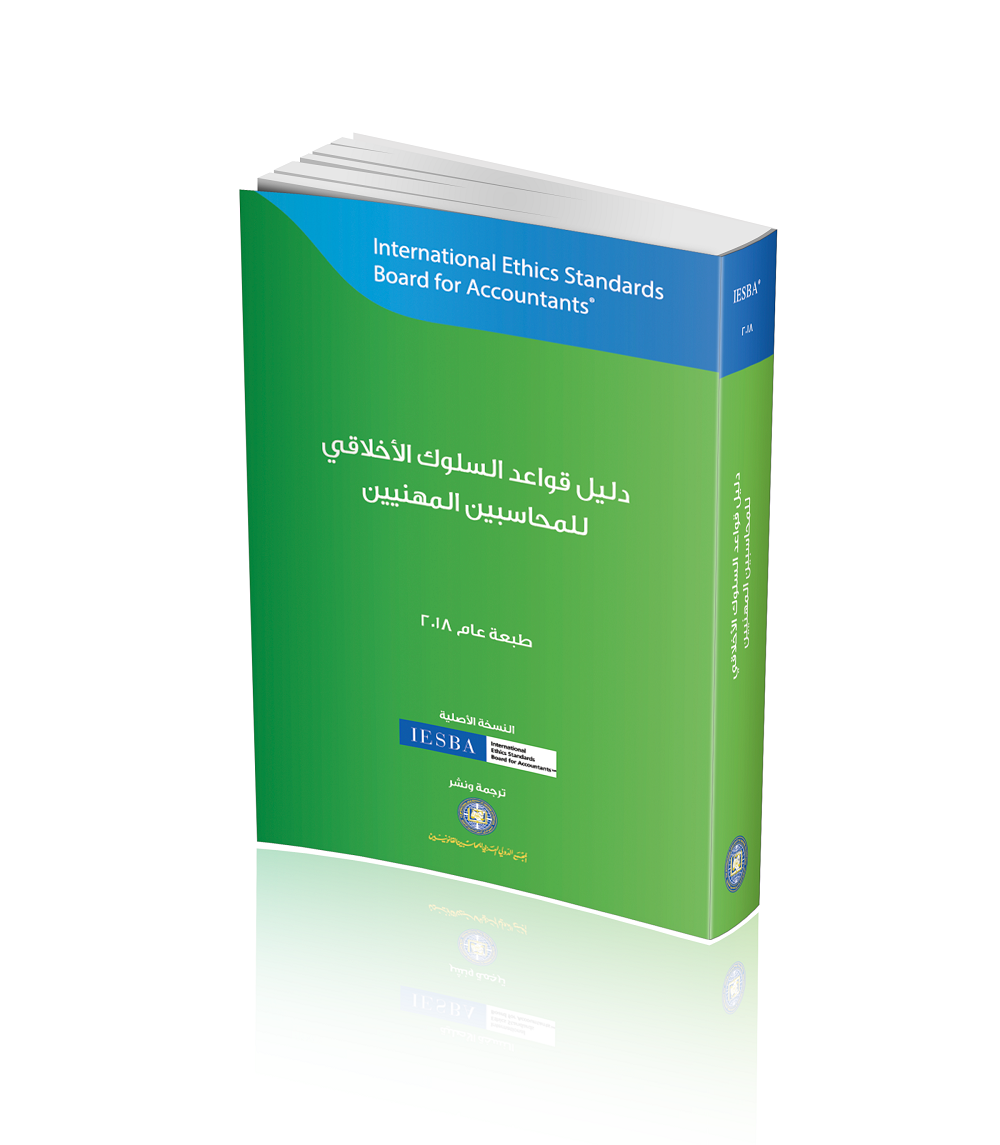Abu-Ghazaleh: ASCA (Jordan) Issues Translated Arabic Version of 2018 Handbook of the International Code of Ethics for Professional Accountants
27 Apr 2019 AMMAN- The Arab Society of Certified Accountants (ASCA/Jordan) issued the approved translated Arabic version of the 2018 Handbook of the International Code of Ethics for Professional Accountants, issued by the International Federation of Accountants (IFAC). The Handbook, issued for the first time separately from the international auditing standards, has been completely restructured in a new arrangement that makes it easier to navigate, use and enforce.
The Handbook, issued for the first time separately from the international auditing standards, has been completely restructured in a new arrangement that makes it easier to navigate, use and enforce. The Handbook has been revised as follows:
• NOCLAR Pronouncement—Responding to Non-Compliance with Laws and Regulations;
• Changes to the Code Addressing the Long Association of Personnel with an Audit or Assurance Client; and
• Changes to Part C of the Code Addressing Preparation and Presentation of Information and Pressure to Breach the Fundamental Principles.
The Guide incorporates several substantive additions and revisions, including:
• Clearer and more robust provisions pertaining to safeguards that are better aligned with threats to compliance with the fundamental principles and to independence.
• Strengthened independence provisions addressing the long association of personnel with an audit or assurance client.
• New and revised sections dedicated to professional accountants in business (PAIBs) relating to preparing and presenting information, pressure to breach the fundamental principles.
• Clear guidance for professional accountants in public practice (PAPPs) to whom relevant PAIB provisions set out in Part 2 of the Code are applicable.
• Strengthened provisions for PAIBs and PAPPs pertaining to the offering or accepting of inducements, including gifts and hospitality.
• New application material to emphasize the importance of understanding facts and circumstances when exercising professional judgment.
• New application material to explain how compliance with the fundamental principles supports the exercise of professional skepticism in an audit or other assurance engagement.
It is worth mentioning that ASCA-Jordan continuously seeks to develop accounting and management sciences, as well as all related principles applicable to professional services. ASCA-Jordan also strives to improve competence and practice and strengthen the code of ethics in accordance with the highest professional standards through the issuance of accounting publications and following up on the recent developments in accounting and auditing.





